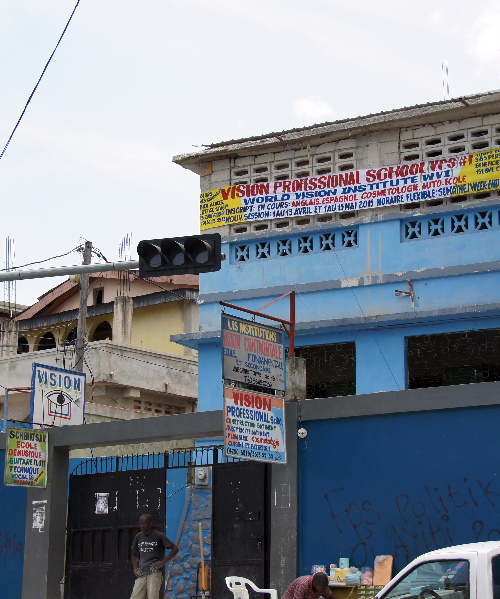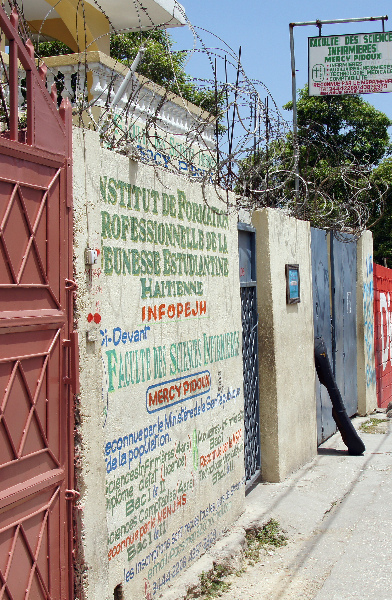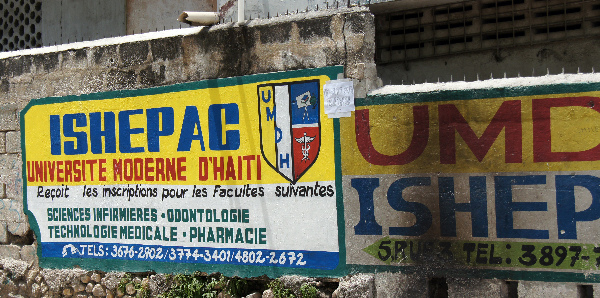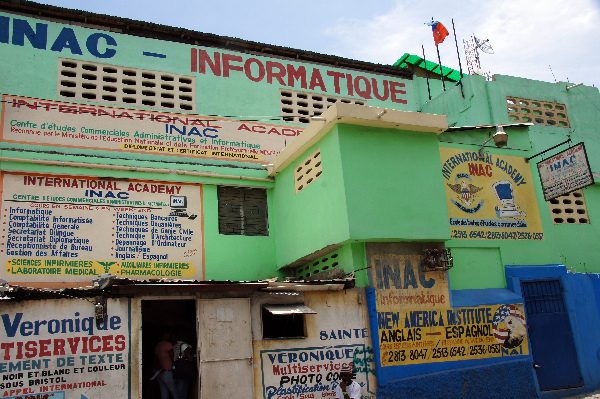Ray McDermott and Jean Lave once told me that they asked Rancière whether his writing influenced his teaching. As they tell it, he looked surprised and answered something like “not at all!” A reader of Successful Failure once asked me whether I still gave grades. Besides stuttering, I said something like: “I am required to (by my university and New York State)” and/or “students would not accept my not giving them grades.”
Over my 40years+ at Teachers College ,I have also been part of several faculty-wide conversations about “grade inflation.” These never went anywhere and, by now, I gather from various sources, only about three grades are given: A, A-, & B+. Personally that is, mostly, what I do and it is not altogether different from distributing grades among A, B, & C, except that it limits, mostly again, student complaints. And while I do not grade “on the curve,” I do get nervous when I find myself only giving A’s.
Now, of course, what is the point of giving differentiated grades? More specifically, what difference does it make? to whom? and with what consequences? Taking the “gift” of grade as a statement, who is the audience?
A grade is structurally in the position of the “assessment” moment in Mehan (and many others)’s model of the “lesson.” The teacher sets a curriculum, asks students to do something related to “the class,” and then differentially assesses how well each individual students performs the task (“has learned” in the current authoritative language among accreditation agencies). The grade then becomes a datum (actually just another word, in latin, for “gift”) to the student. But a grade is also a gift to others besides the student—though not to everyone given various legal strictures about who may see a student’s grade (tracing who may see a grade when and for what purpose would actually be a way of revealing the structure of social reproduction). These “others” may then legitimately mete various consequences that have nothing to do with the original class, e.g. they may give the student various privileges, including, at the high school, college or Masters level, admission to a further degree program. Thus the grade that looks like a private communication between teacher and student, is also a coded statement to powers-that-be (admissions officers, funding agencies, accreditation bodies, etc.). Which is why, of course, grades are a political issue and “grade inflation” a political problem (see also my post on Lake Wobegon).
What does all this have to do with “education”? Little, I say, with many others. In recent years, I have gotten to say that I translate my current designation as a “professor and advisor of graduate students” into a “masters of apprentices.” In that perspective, I maintain that I give grades because I am required to do so but that they should only be taken as a statement about a progression and my potential willingness to work with the student as apprentice. The grades I give are not about individual learning per se. This “faction” (fact making that may constrain in some future) is easier to maintain at the doctoral level where it is actually the case that one receives a doctorate not by accumulating grades but by demonstrating that one can be recommended for entry into a discipline or profession. So, I’d say:
| Code | equivalent to | a statement like: |
| A+ | = | “Wow!” |
| A | = | “You are at mastery at this stage.” |
| A- | = | “You are well on your way.” |
| B+ | = | “OK, but discipline yourself” |
| B | = | “You may be in the wrong career given your talents” |
In the long run, my “real” assessment of a person work is the enthusiasm of my letters of recommendation whether for funding or professional positions. And these letter never never mention grades since “Pass” is the only possible one at the final levels.
[print_link]



